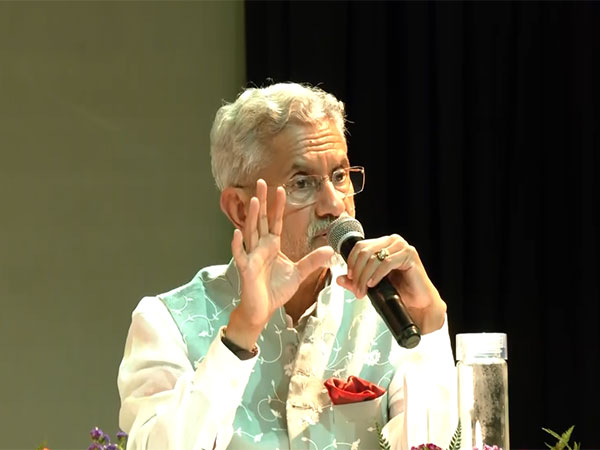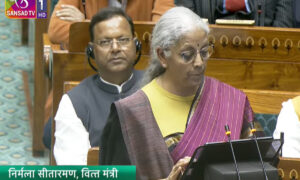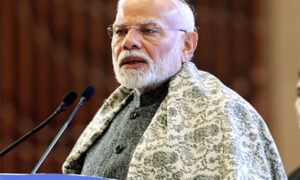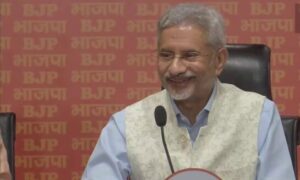
Picture : ANI/ X
External Affairs Minister S Jaishankar recalled the 1998 Pokhran nuclear test exercised under the ruling NDA government and said that the decision has since ensured India’s National Security.
The minister also asserted that the present ruling government of NDA is moving on the footsteps of the previous 1998 NDA government while aiming at robustly countering terror and building border infrastructure.
“This day in 1998, an NDA Government finally exercised India’s nuclear weapon option. That momentous decision has since ensured our National Security. The current NDA Government has built on that foundation, robustly countering terror and building our border infrastructure,” EAM posted on X.
This day in 1998, an NDA Government finally exercised India’s nuclear weapon option. That momentous decision has since ensured our National Security.
The current NDA Government has built on that foundation, robustly countering terror and building our border infrastructure.
The…
— Dr. S. Jaishankar (Modi Ka Parivar) (@DrSJaishankar) May 11, 2024
The minister stressed that the political choices are eventually choices about the future of Bharat.
“The country must know who stands where when it comes to National Security issues. Our political choices are eventually choices about the future of Bharat,” he added.
Twenty-six years ago, India under NDA Prime Minister Atal Bihari Vajpayee conducted Shakti series of nuclear tests at Pokhran, a pivotal moment for India’s nuclear capability in the field of national security and clean energy.
India conducted five nuclear tests of advanced weapon designs on 11 and 13 May 1998 at the Pokhran range in Rajasthan Desert. The first three detonations took place simultaneously at 15:45 h. IST on 11 May.
These included a 45 kt thermonuclear device, a 15 kt fission device and a 0.2 kt sub-kiloton (i.e. less than 1 kiloton) device. The two nuclear devices detonated simultaneously on 13 May were also in the sub-kiloton range – 0.5 and 0.3 kt.
The Atomic Energy Commission(AEC), in its press release of 15 September 2009, has stated that, in the meeting of the AEC held on May 21, 1998, the Commission had been briefed about the technical details of the tests. In the meetings of the Commission held on March 26, 1999 and November 18, 1999, the results of the radiochemical analysis of bore-hole samples, reconfirming the estimated yields, were presented.
The AEC, in the press release of 15 September, 2009, noted that the yield of the thermonuclear test was further confirmed through comparison of ground motion and displacement simulation with actual observations in the field.
The AEC’s statement concluded that “the AEC has thus no reason to doubt the yield of the thermonuclear test carried out on May 11, 1998”.
[the_ad id=”55724″]


















